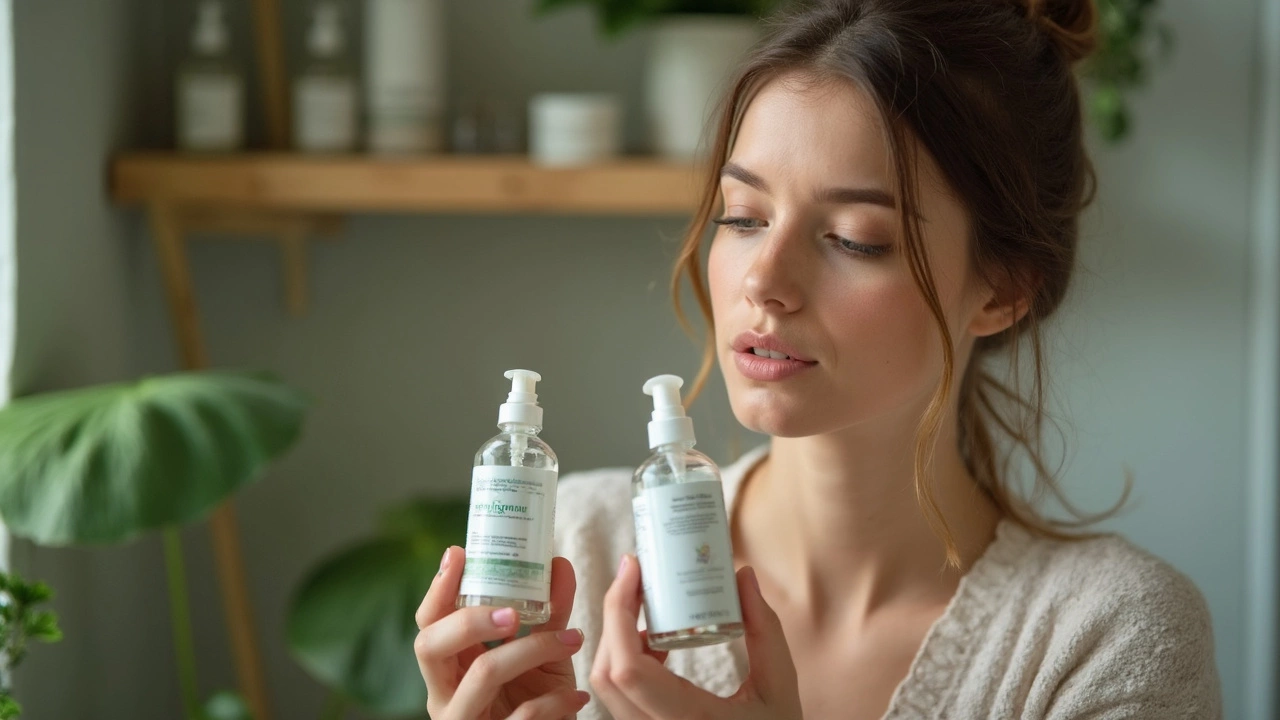Ingredients: What Every Beauty Lover Should Know
Ever stared at a product label and felt lost? You’re not alone. Knowing what’s inside your cream, serum, or makeup can save you money, prevent reactions, and actually improve results. Below we break down the basics, so you can shop with confidence and skip the guesswork.
Why ingredients matter
Ingredients are the building blocks of any cosmetic or skincare product. A simple change in formula can turn a hydrating lotion into a greasy mess, or a gentle cleanser into a skin‑irritator. When you understand the role of each component, you can pick products that match your skin type, concerns, and lifestyle. For example, hyaluronic acid attracts water to the skin, making it a go‑to for dry faces, while alcohol denatured in high amounts can strip natural oils and cause redness.
Reading labels also helps you avoid hidden irritants. Many people think “fragrance‑free” means no scent, but some formulas use masking agents that still trigger allergies. Spotting these clues early means fewer break‑outs and less waste.
Common ingredients to look for
Hydrators: Look for glycerin, hyaluronic acid, and panthenol. They pull moisture into the skin and keep it soft. If you have dehydrated skin, a product with at least 2% hyaluronic acid is worth a try.
Antioxidants: Vitamins C and E, niacinamide, and green tea extract fight free radicals that age skin. These are great for brightening and protecting against environmental stress.
Exfoliants: Alpha‑hydroxy acids (AHA) like glycolic acid and beta‑hydroxy acids (BHA) such as salicylic acid dissolve dead cells. Use them a few times a week for smoother texture, but avoid daily use if you have sensitive skin.
Botanical extracts: Ingredients like centella asiatica, aloe vera, and chamomile soothe irritation. They’re especially handy after procedures like micro‑needling or laser treatments.
Potential irritants: Watch for high‑concentration alcohol, fragrance, and certain preservatives like parabens if you’re prone to reactions. Not every label will list “fragrance” clearly, so look for terms like “essential oil blend” or “parfum.”
When you spot a familiar name, ask yourself: does it suit my skin goal? If you’re after a brighter complexion, vitamin C is a solid pick. If you need barrier support, ceramides and cholesterol are the answer.
Finally, remember that context matters. An ingredient that works wonders in a serum might feel heavy in a light moisturizer. Pairing products with complementary formulas—like a hydrating serum followed by a non‑comedogenic moisturizer—gives the best results.
By mastering ingredient basics, you turn shopping into a science rather than a gamble. Keep this guide handy, compare labels, and you’ll see faster improvements, fewer annoyances, and a clearer path to the look you want.
Are Organic Products Really 100% Chemical Free?
People often think 'organic' means completely chemical free, especially in skincare. This article breaks down what 'organic' truly means and if organic skin products are really free from chemicals. Get the truth about ingredients, common labels, and how to read them. Find out what to watch for if you have allergies or sensitive skin. Learn how to shop smarter for products that actually suit your needs and lifestyle.
Read More
